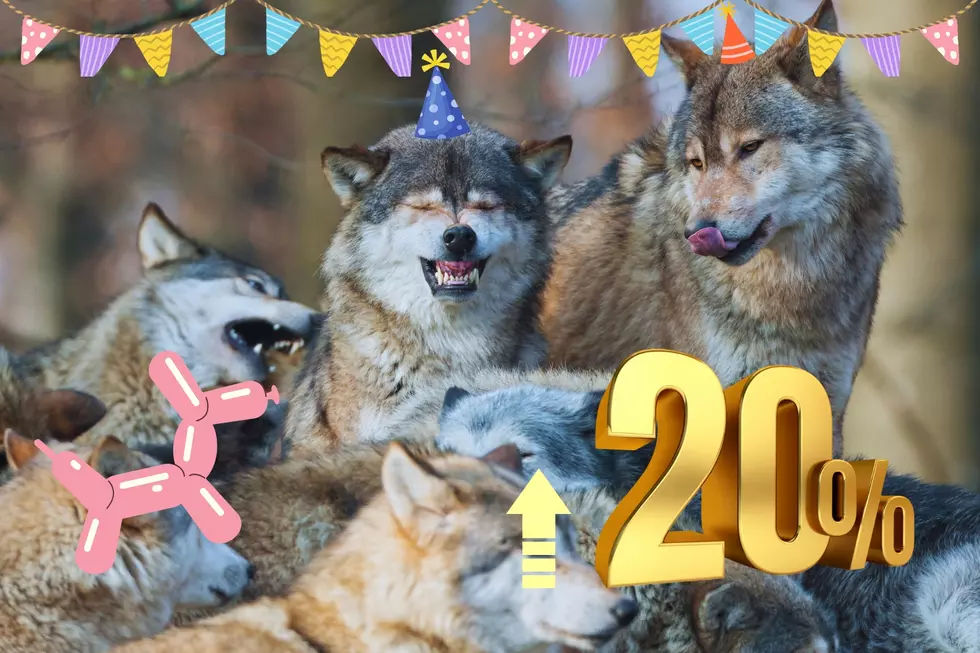
Wolf Population Booms in Washington State
Washington's gray wolf population has seen significant growth for the 15th straight year, according to the latest annual report from the Washington Department of Fish and Wildlife (WDFW). The "Washington Gray Wolf Conservation and Management 2023 Annual Report" indicates a 20% increase in the state's wolf population from the previous year, with a total of 260 wolves across 42 packs, including 25 successful breeding pairs.
Expansion of Wolf Packs and New Regions Explored
The 2023 report reveals that seven new or reestablished wolf packs were identified, marking continued expansion across the state. New packs were confirmed in Okanogan, Pend Oreille, Stevens, and Asotin counties, as well as three additional packs in Ferry County, overlapping with the Confederated Tribes of the Colville Reservation (CTCR). WDFW Director Kelly Susewind mentioned that wolves are also being observed south of Interstate 90, hinting at future packs in the South Cascades and Northwest Coast regions.
Depredation Events Remain Low Despite Wolf Population Increase
Despite the growing number of wolves, there has not been a significant increase in depredation events involving domestic animals. In 2023, there were 23 confirmed or probable depredation events, with only two packs involved in two or more incidents. This low rate of depredation can be attributed to the collaborative efforts between livestock producers, WDFW staff, and various community partners.
WDFW Statewide Wolf Specialist Ben Maletzke acknowledged these cooperative efforts, highlighting the significant investment in time and resources required to maintain low depredation rates. These efforts have also contributed to a reduced need for lethal wolf removals, promoting a more harmonious coexistence between wolves and livestock operations.
attachment-2023-wolf-pack-territories
Wolf Conservation Progress Leads to Status Review and Reclassification Proposal
WDFW has released its first-ever status review for wolves in Washington, recommending a reclassification from "Endangered" to "Sensitive" status, due to significant progress toward recovery objectives. The Washington Fish and Wildlife Commission will decide on this proposal in July. However, wolves remain federally listed in the western two-thirds of the state, with the U.S. Fish and Wildlife Service (USFWS) leading the wolf recovery efforts in those regions.
Collaboration Among Agencies and Tribal Groups Supports Wolf Recovery
The 2023 annual wolf report also recognizes the efforts of various agencies and tribal groups in supporting wolf recovery in Washington. These groups include the USFWS, National Park Service, Spokane Tribe of Indians, Swinomish Tribe, Yakama Nation, and the Confederated Tribes of the Colville Reservation. A recording of the report presentation to the Fish and Wildlife Commission is available on the WDFW website, where the full report can also be accessed.
6 of the Most Common Wildlife You’ll Encounter in Washington State
Gallery Credit: Rik Mikals
No, you may not Own these Animals in Washington State
Gallery Credit: Aly
Amazing Animals To Spot In Washington State
Gallery Credit: Canva-Getty
More From 610 KONA









